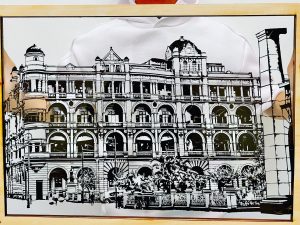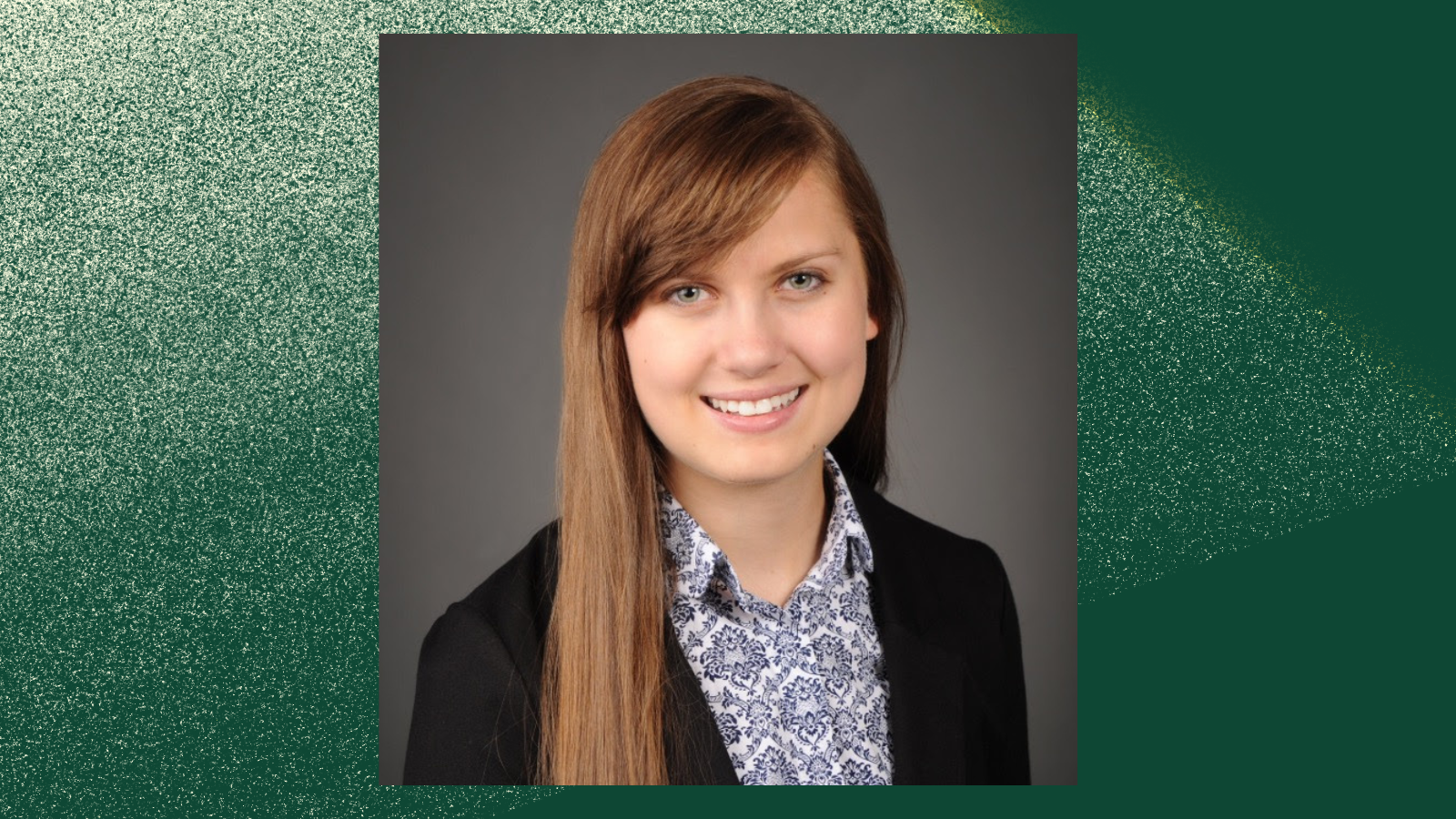Written by Cheuk Kit (Philip) Chung


Cheuk Kit (Philip) Chung
Cheuk Kit (Philip) Chung, a Master of Archival Studies student at the University of British Columbia, has recently been honored with the Association of Canadian Archivists (ACA) Emerging Voice 2024 award. He had the opportunity to present his work at the ACA Conference 2024, which he describes as an exciting achievement.
Background
Born and raised in Hong Kong, Philip earned his Bachelor of Arts in History there. After graduation, he dedicated himself to raising public awareness of Hong Kong’s cultural heritage and advocating for marginalized communities. He founded a social enterprise, Paai4Community, and led a social innovation program that promoted the traditional Hakka card game “Luk Fu” (六虎) in community centers to improve conditions for the underrepresented Hakka community in Hong Kong. Through this program, he aimed to raise awareness of Hakka’s cultural heritage and bring this marginalized group into mainstream Hong Kong society.
After years of work in various sectors, Philip moved to Vancouver to pursue a Master of Archival Studies at the UBC School of Information. He excelled academically and joined the ACA Public Awareness and Advocacy Committee in 2024. On the committee, he monitors legislative changes, responds to advocacy requests, addresses national and international issues, and promotes the value of archives and archivists in Canada.
Recent Work and Collaborations
Since January 2024, Philip has worked with Dr. Victoria Lemieux, Dr. Zehua Wang, and Chris Zhou on the “Privacy in Digital Records Containing Personally Identifiable Information (PII)” project under InterPARES Trust AI. This project examines how archivists must balance access to records with protecting personal data and complying with privacy laws.
Furthermore, he has been collaborating with Dr. Jennifer Douglas, June Chow, Lily Liu, and Jeffrey Wong on the Community Archiving, Collections, and Heritage Exhibitions (CACHE) project. This project focuses on the archives of the Chinese-Canadian community, specifically Wong’s Benevolent Association. The team aims to establish digital collection policies and systems and digitize the records of the Chinese Canadian community to preserve valuable records for the Wong’s Benevolent Association for long-term use. In this project, Philip specifically contributes to the preservation and digitization of historical Chinese scrapbooks.
ACA Conference 2024
At the ACA 2024 Conference, themed “Future-proofing: Centring Care Now for Archives Tomorrow,” Philip presented his paper, “Combining Named Entity Recognition and Synthetic Data to Protect Personally Identifiable Information.” Given the complexities of the digital era, he discussed the need for secure and efficient data processing methods that use NER and synthetic data. In his presentation, he assessed the applications, strengths, and limitations of these techniques. He also explored the potential of open-source models and distant reading techniques, such as clustering, for improved contextual understanding. Despite the challenges, these methods show promise in balancing data privacy and efficiency.
Participating in the ACA 2024 Conference was a rewarding experience and a significant milestone in Philip’s career. He was honored to present his paper at this esteemed event focused on artificial intelligence and archives. This presentation marked his debut as a speaker at a major conference, and he is deeply grateful for the support and guidance from ACA, his teachers, colleagues, and friends. He found it a pleasure to contribute to the discourse on data privacy and efficiency in archives.
Artistic Contributions


Chung’s papercut artwork of Hong Kong’s Prince Building. Author provided.
Apart from his academic and professional work, Philip is a papercut artist. He uses his artwork to spotlight archives and societal issues. He recently donated a piece titled “Sailboat in Hong Kong Victoria Harbour” to the Annual ACA Foundation Silent Auction, successfully raising funds for the ACA.
Future Aspirations
Philip’s ultimate goal is to combat social injustice. Protecting privacy to prevent the exposure of personally identifiable information while maintaining accessibility is a crucial yet daunting task – for example, social media is a mainstream channel for activism, but the platforms can easily disclose activists’ identities. He aims to leverage the techniques explored in his presentation to protect individuals and their freedom from fear. He hopes his presentation at the 2024 ACA Conference will inspire further advancements in privacy protection and data processing efficiency in the archival sector.
More broadly, Philip aims to use his interdisciplinary knowledge and experiences to advocate for privacy-enhancing and social justice measures, raise awareness about marginalized communities, and fight against injustice.


